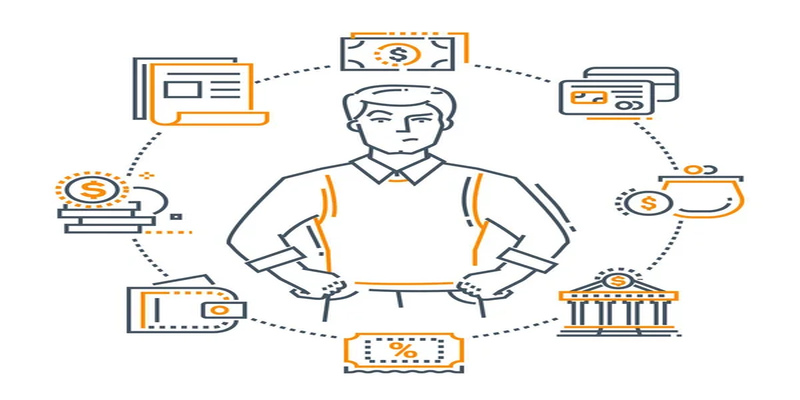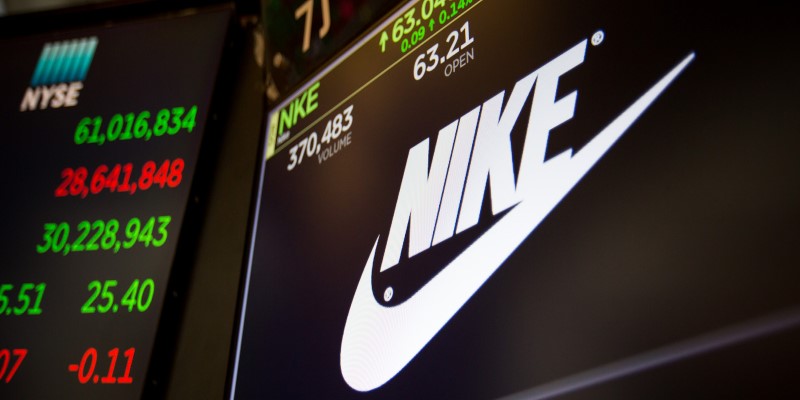When it comes to securing financing to support your business operations or expansion plans, the Small Business Administration (SBA) offers two primary loan programs: the 7(a) and 504 loans. Both loan programs provide access to capital, but they differ fundamentally in terms of purpose, loan structure, and ideal use cases. This guide will steer you through the intricacies of SBA 7(a) and 504 loans, allowing you to understand the distinctive characteristics of each and make an informed decision that aligns with your business needs.
Understanding SBA 7(a) Loans:

SBA 7(a) loans are the most popular form of financing offered by the SBA. The program provides eligible small businesses with access to up to $5 million in funding, which can be used for a variety of purposes, including working capital needs, equipment purchases, and real estate acquisitions. However, while 7(a) loans provide greater flexibility in terms of use, they are not without limitations. For instance, the maximum amount of working capital that can be obtained through a 7(a) loan is $350,000. Additionally, the SBA limits financing for certain types of businesses such as lending institutions.
Key Features of SBA 7(a) Loans:
- Interest rates typically range from 7% to 9.5%
- Maximum repayment terms of up to 25 years
- No prepayment penalties
- Collateral requirements vary based on loan amount and purpose
- Personal guarantee from business owners with at least a 20% ownership stake
Pros of SBA 7(a) Loans:
- Flexible use of funds for various business needs
- Longer repayment terms to help with cash flow management
- Potentially lower interest rates compared to conventional loans
- No prepayment penalties, allowing for early repayment without incurring additional costs
Drawbacks of SBA 7(a) loans:
One of the biggest drawbacks of SBA 7(a) loans is the longer processing time. Due to the SBA's involvement in the approval process, it can take several weeks or even months for an application to be reviewed and approved. This may not be ideal for businesses that need immediate access to capital. Another potential drawback is the personal guarantee required by business owners with a 20% or higher ownership stake. This means that in the event of default, the business owners are personally responsible for repaying the loan. Additionally, depending on the loan amount and purpose, collateral may also be required.
Understanding SBA 504 Loans:

SBA 504 loans are designed specifically for businesses looking to purchase fixed assets, such as real estate, equipment, or machinery. This loan program operates through Certified Development Companies (CDCs) and provides long-term financing at below-market interest rates.
Key Features of SBA 504 Loans:
- Interest rates typically range from 4% to 6%
- Maximum repayment terms of up to 25 years
- Prepayment penalties may apply
- Collateral requirements typically include the assets being financed
- Personal guarantee from business owners with at least a 20% ownership stake
Pros of SBA 504 Loans:
- Lower interest rates compared to other loan options
- Longer repayment terms for improved cash flow management
- No need for additional collateral beyond the assets being financed
Drawbacks of SBA 504 loans:
The main drawback of SBA 504 loans is the limited use of funds. Unlike 7(a) loans, which can be used for various business needs, 504 loans are specifically for purchasing fixed assets. This may not be suitable for businesses that require financing for working capital or other operational expenses. Additionally, the SBA approval process can also result in longer processing times, and prepayment penalties may apply if the loan is paid off before the agreed-upon term.
Choosing Between SBA 7(a) and 504 Loans:
When deciding between SBA 7(a) and 504 loans, it's crucial to consider your business's specific needs and goals. If you require financing for various purposes beyond purchasing fixed assets, a 7(a) loan may be the better option due to its flexibility of use. On the other hand, if your business is looking to acquire long-term fixed assets, a 504 loan may offer lower interest rates and longer repayment terms. It's essential to carefully evaluate your current financial situation and future plans before deciding on the right SBA loan for your business.
Eligibility Criteria for SBA 7(a) and 504 Loans:
- Business must be for-profit and meet SBA size standards
- Must be engaged in, or plan to engage in, business activities in the US
- Owners must have invested their own time and money into the business before applying for an SBA loan
- No outstanding delinquent federal debt
Additional Requirements for SBA 7(a) Loans:
- Business must be unable to obtain financing from other sources on reasonable terms
- Must demonstrate a need for the loan and have a solid business plan
Additional Requirements for SBA 504 Loans:
- Use of funds must be for purchasing fixed assets that will benefit the business and contribute to its long-term growth
- Must create or retain jobs within the community
Application Process for SBA 7(a) and 504 Loans:
The first step in applying for an SBA loan is to find a participating lender who can help guide you through the process. The lender will review your business's financials, credit history, and eligibility criteria before submitting the application to the SBA for approval. Once approved, the funds will be disbursed by the lender according to the terms of the loan agreement.
Conclusion:
SBA 7(a) and 504 loans are both viable options for small businesses looking to secure financing. While they have their differences, each loan program offers unique features and benefits that can support a business's growth and success. By understanding the eligibility criteria and application process, business owners can make an informed decision on which SBA loan is best suited for their specific needs. Ultimately, the goal of both loan programs is to help small businesses thrive and contribute to the economy's growth. So, business owners can carefully weigh out their options and choose the best fit for their company's financial goals.




